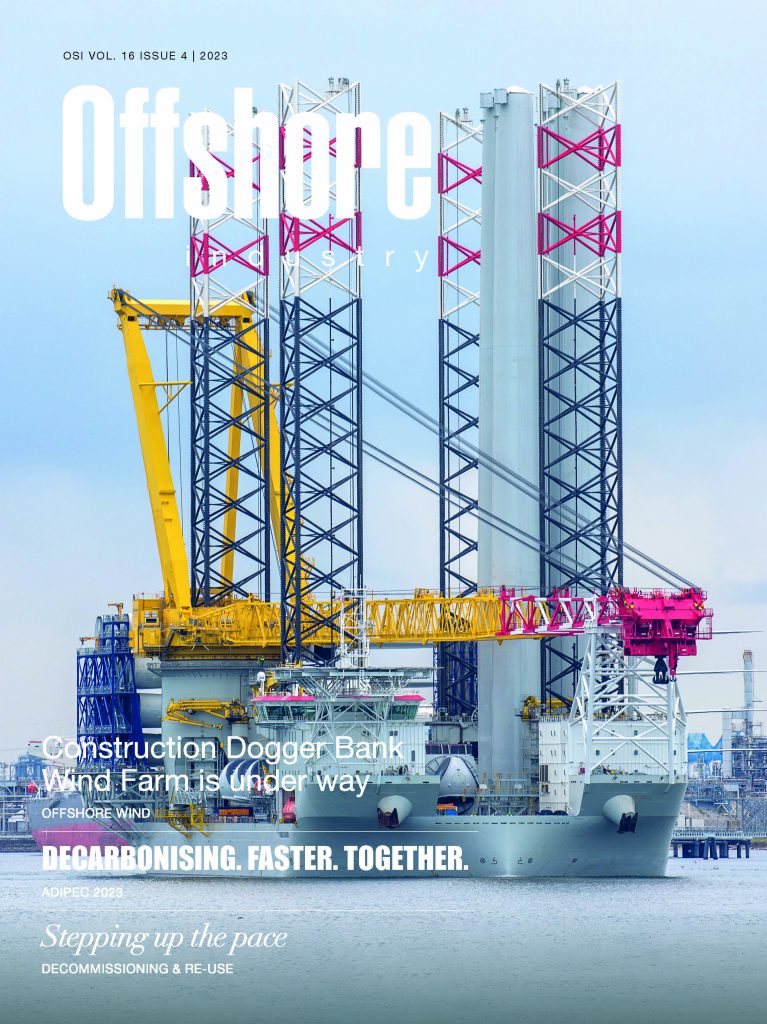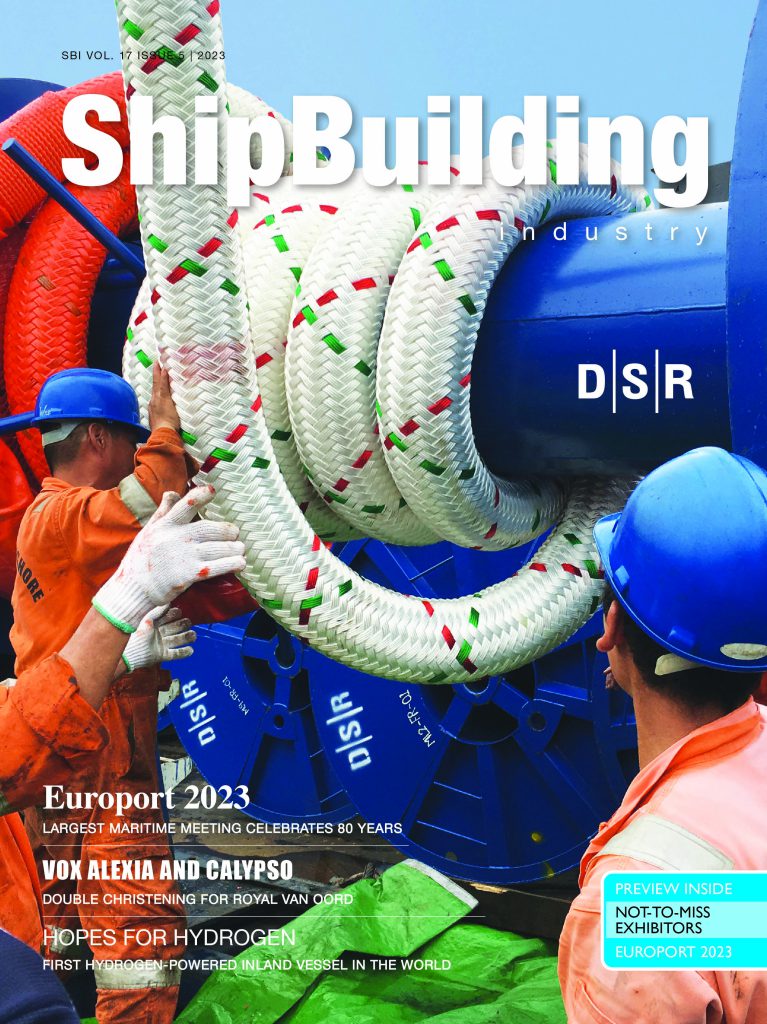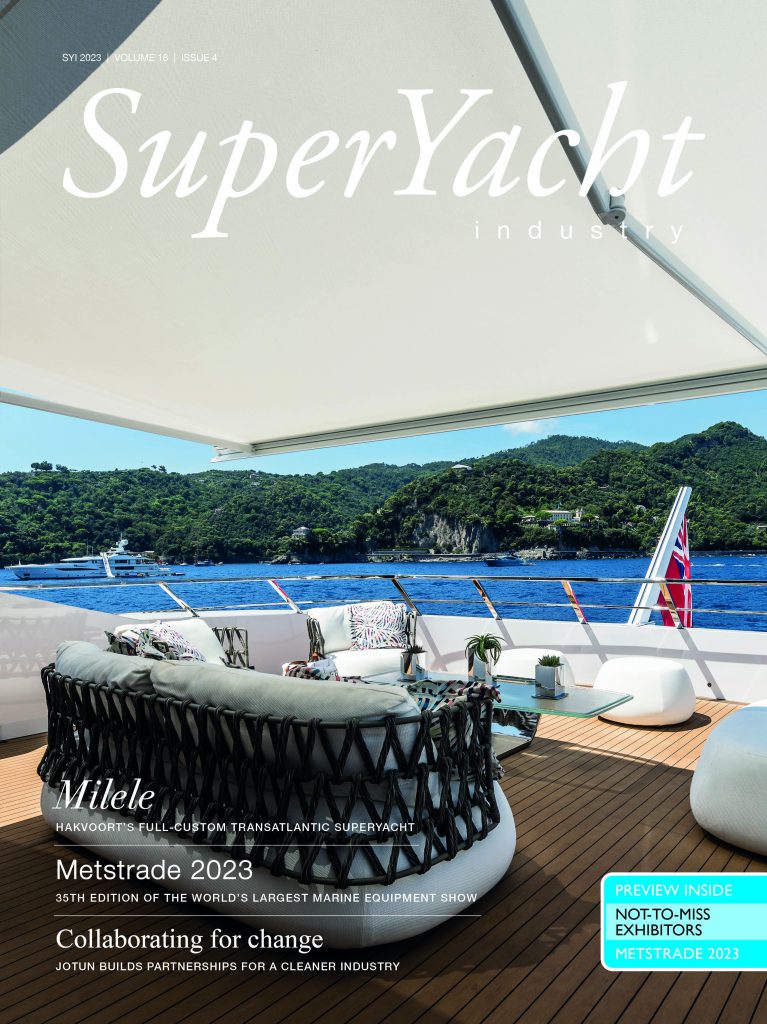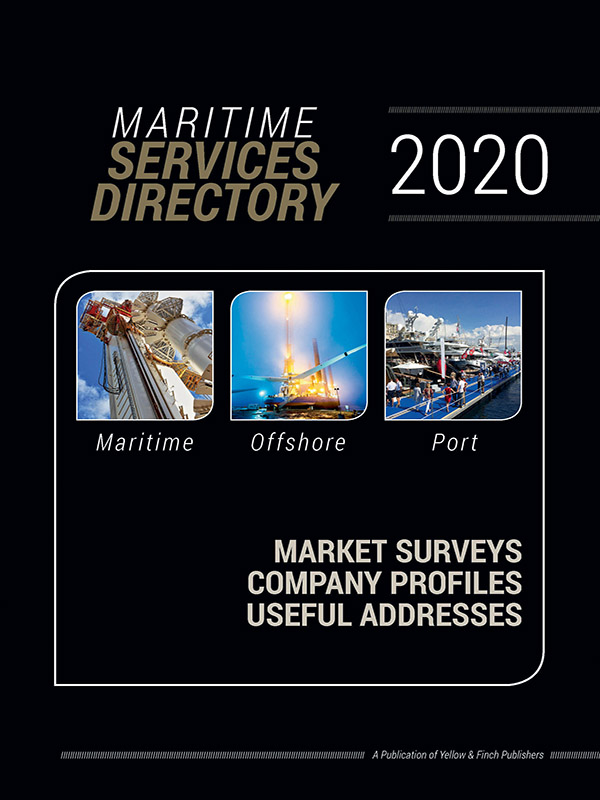Bluewild contracts new factory trawler with design from Ulstein
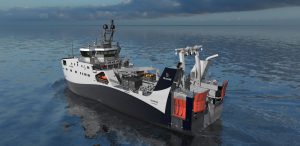 The fishing company Bluewild is expanding its fleet with a new factory trawler designed by Ulstein Design & Solutions. Gentle handling of the catch and the lowest possible energy consumption have been important elements in the design development. The trawler will be built at Westcon Yards.
The fishing company Bluewild is expanding its fleet with a new factory trawler designed by Ulstein Design & Solutions. Gentle handling of the catch and the lowest possible energy consumption have been important elements in the design development. The trawler will be built at Westcon Yards.
The stern trawler is of the design type ULSTEIN FX101 and marks the start of a new design segment for Ulstein. The ship is equipped for 30 people. The 73.2m long ship has a net cargo space of approx. 2,000m³ and is equipped with quadruple trawl and pelagic trawl. The X-BOW® hull design will contribute to less abrupt movements and will minimise sea on deck.
A new standard for sustainable fishing
ECOFIVE is a standard from Bluewild and sets ambitious requirements for the lowest possible energy consumption, the greatest possible utilization of the catch, extraction of nutritional value and the highest possible quality of the end product. To facilitate the goals in ECOFIVE, Ulstein has developed concrete solutions for a new standard in factory trawlers. Thorough analyses at the beginning of the design process and extensive collaboration with the owner’s team have led to a new configuration for such vessels, adapted to the owner’s desired operating profile and production philosophy.
Ulstein has developed a system for catch reception and storage that will, as far as possible, keep the catch alive until processing. By taking the catch directly from the sea and into separate tanks, the loss of quality during hauling and storage in dry receiving bins will be avoided, and the factory can work more steadily at its optimum capacity.
Hybrid power and propulsion system
The hybrid power and propulsion system, which combines the best features of diesel-electric and diesel-mechanical propulsion, is supported by a large battery pack. Two large propellers with rudder nozzles increase manoeuvrability and towing power and help to minimise energy loss at rudder angles. Surplus energy, such as the return energy from the winches, will be stored in the battery pack and excess heat from the engines will be recovered and used where desired elsewhere in the ship.
Based on the operational profile of the ship, Ulstein has planned the propulsion system and system integration to enable fuel savings of at least 25% per kilo of fish product produced compared to a conventional power system. In some operations, together with other energy-saving measures onboard, this figure can exceed 40 per cent. This significant reduction in energy consumption will not only lead to reduced fuel costs for the shipowner but will also result in a significant reduction in greenhouse gas emissions.



